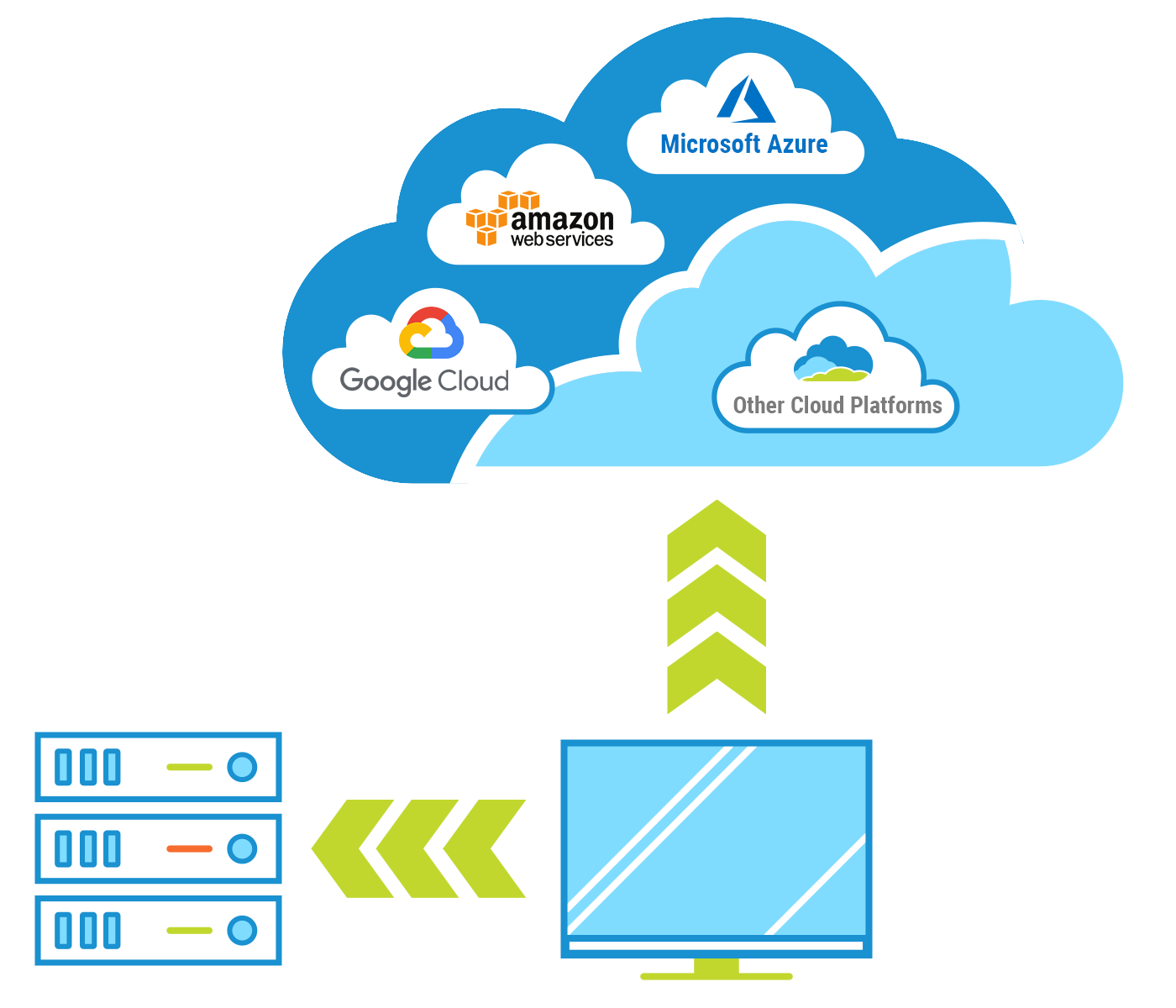Understanding When Gaming Companies Require a Powerful File Transfer Solution
The game development pipeline has evolved dramatically over the past five years, becoming far more complex. In the past, the process was predominantly confined to in-house operations, without gaming assets being transferred until publication. Today, the gaming industry has adopted a more dispersed model of creation and publishing, adapting to meet the demands of a global market.
Fast, efficient collaboration between development locations, remote workers, and QA teams in different geographies is challenging given the thousands of files and folders in a single game build, from graphic files to sound, code, and more. The sizes of game builds are expanding, and there is a notable increase in the quantity of small file assets. This trend is driven by the growing sophistication of consoles and gaming rigs. Major console companies are now producing multiple versions, each of which requires extensive creation and testing.
Creative professionals and operational teams frequently resort to consumer-oriented services like WeTransfer, Dropbox, and Google Drive. Alternatively, they may develop in-house solutions that lack the necessary scalability and speed for industry demands — and that is never a cost-effective solution. Another common choice is FTP; although technically free, it is outdated, challenging to navigate, and often incurs significant maintenance costs.
What are the right conditions, and when is the right time for a more robust file transfer solution?
Key File Transfer Conditions for Gaming Companies
Developers, publishers, and gaming support services need a modern and flexible file transfer solution when they face:
Productivity slowdowns: Slow transfers and high latency disrupt projects and real-time collaboration while fluctuating bandwidth affects internet reliability, ultimately hindering work efficiency. Transfer disruptions cause further delays and introduce file corruption.
Frequent large transfers: If your needs don’t include frequent large file transfers (or many small ones), a robust solution might not be necessary. However, for companies sending multiple builds a month, especially over long distances, adopting a more powerful solution could significantly alleviate bandwidth bottlenecks.
Repetitive transfer tasks: To enhance efficiency and ensure consistency, a game development company often needs to automate repetitive tasks. This includes setting up scheduled transfers, replicating files automatically across diverse locations, and initiating transfers triggered by specific development milestones or events.
Varied storage solutions: Game companies, their partners, and remote employees often employ a variety of storage options including a mix of on-premises and cloud storage. An adaptable file transfer solution must be capable of seamlessly integrating these diverse storage platforms.
Security and IP protection requirements: In the gaming industry, safeguarding intellectual property is of utmost importance. With the rise in collaboration and the expansion of data destinations, the industry faces an increasing number of potential security points of vulnerability — especially when in transit.
Integration needs with existing workflow tools: APIs are vital in boosting efficiency, expanding functionality, and driving innovation in the realm of game development. They ensure seamless integration across different software platforms, allow for extensive customization to meet specific development needs and support scalability to adapt to changing project demands.
Scalability for growing projects: In modern game development, scalability is a multifaceted necessity to handle the creation of increasingly complex and demanding games. Efficient team scalability is vital to managing changing workforce needs throughout the development cycle and adapting to new market regions.
Cost-effectiveness sensitivity: Software cost sensitivity allows for more efficient resource allocation, enabling developers to invest in key aspects of game development like design, user experience, and post-launch support.
How the Signiant Platform Makes a Difference
Pushing beyond conventional boundaries and traditional file transfer methodologies, the Signiant Platform is an integrated set of SaaS-based products and services that make content flow more efficient for over 50,000 companies.
Here’s what sets the Signiant Platform apart:
- No file size limitations: Send any size file over any IP network, anytime, anywhere.
- Proprietary acceleration technology: Signiant products use proprietary acceleration technology capable of delivering speeds up to 100x faster than standard tools.
- Checkpoint restart: With Signiant, an interrupted transfer will automatically restart from the point of failure, ensuring your files are delivered unaltered with byte-for-byte accuracy.
- Enterprise-grade security: Signiant is trusted by gaming companies, Hollywood studios, professional sports leagues, and more because of its top-tier security measures.
- On-prem and cloud-based access: Signiant software is designed to read and write from nearly any kind of storage, so assets always remain 100% in your control in your choice of storage. Signiant software supports:

- Traditional on-premises file storage
- On-premises object storage
- Cloud object storage from AWS, Azure, Google Cloud, and more
- Extensive APIs: Signiant offers a range of tools for resource management and automation, including a suite of APIs that allow for the integration of Signiant products with third-party systems.
The Signiant Platform is an integrated set of SaaS-based products designed to enhance the gaming pipeline, ensuring a more streamlined and accelerated workflow. Combining the simplicity of online file sharing with enterprise-class acceleration, security and control, the Signiant Platform has no file size limits and can be accessed from any web browser.
Signiant patented architecture lets game developers, publishers, and bespoke services — large and small — maintain complete control of their high-value content while simultaneously deriving the classic SaaS benefits of automatic updates, scalability, and global availability. In plain terms, there is no better way to move large gaming files fast, reliably, and securely than using the Signiant Platform.


